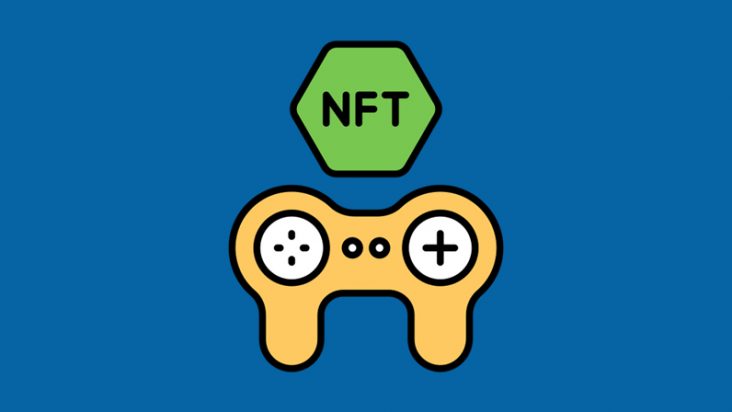
The world of P2E (play-to-earn) games is evolving rapidly, blending blockchain technology with traditional gameplay, allowing players to earn real money or cryptocurrency by playing. As the industry grows, key trends are emerging in the selection of platforms and genres that are becoming leaders in the P2E world. In this article, we’ll explore which platforms attract the most players, which genres are rising to the top, and how these trends may impact the future of the industry.

P2E Game Platforms: Industry Leaders
The platforms on which P2E games are developed play a crucial role in the success of projects. Currently, Web, Mobile, and Desktop platforms hold key positions in terms of the number of active and in-development games.
Among active P2E games as of Q2 2024, the largest number of projects are hosted on the Web platform, with 1,066 games, accounting for 60.06% of all active games. Mobile games rank second, with 857 projects, making up 48.28%. Desktop games have the smallest share, with 362 active games, comprising 20.39%.
When it comes to development, most games are being created for the Web platform – 1,259 games, accounting for 50.40% of all in-development games. Mobile games also show strong numbers, with 1,053 projects in development (42.15%). Desktop projects make up a smaller portion of in-development games, with 647 games (25.90%).
As for closed projects, most closures have occurred on the Web platform – 580 games or 82.27% of all closed projects. Mobile games account for 251 closed projects (35.60%), while Desktop games have the fewest closures, with 47 projects or 6.67% of all closed games.
In the coming years, we can expect further growth in the popularity of Web and Mobile platforms for P2E game development, due to their accessibility and ease of use for a wide audience. It is anticipated that platforms like Web and Mobile will continue to dominate the industry, providing players with diverse and accessible gaming opportunities.
P2E Game Genres: Emerging Leaders
The genre diversity of P2E games is expanding, and several genres are taking the lead in attracting the most player attention. While early P2E games were mostly in the card game and RPG genres, today we see the rise of new categories.
Economic Simulators. In this genre, players build virtual empires, manage assets, and earn through in-game economies. Games like Town Star and Axie Infinity demonstrate how gamers can earn cryptocurrency by skillfully managing virtual resources.
First-Person Shooters (FPS). FPS games have begun integrating P2E models, offering players the chance to earn from battles and tournaments. Games like ZED RUN incorporate elements of combat and cryptocurrency into the competitive shooter genre.
Sports Simulators. Games simulating real-world sports competitions have gained popularity in the P2E space. Betting on events and earning rewards for sports achievements motivate players to engage in these games.
Metaverse and Open-World Games. Projects like The Sandbox and Decentraland offer players the opportunity to create and sell virtual assets in metaverses, opening up new genre directions that combine elements of RPGs, economic simulators, and multiplayer games.
Future Outlook
In the coming years, we can expect even greater genre and platform diversity. Emerging blockchains like WAX and Klaytn may become more significant players in the industry due to new development tools and low transaction costs.
From a genre perspective, games with metaverse elements and cross-platform projects that combine traditional genres with P2E elements are expected to expand. Additionally, new hybrid genres are likely to emerge, blending sports simulators, economic strategies, and RPG elements.
P2E games continue to evolve, and the platforms and genres dominating the industry today are shaping the future of the entire gaming ecosystem. Developers are increasingly focusing on low-cost blockchains, while players are seeking greater genre variety. In the coming years, the industry will continue to grow, offering new opportunities for both gamers and developers, as well as shaping entirely new gaming models.








